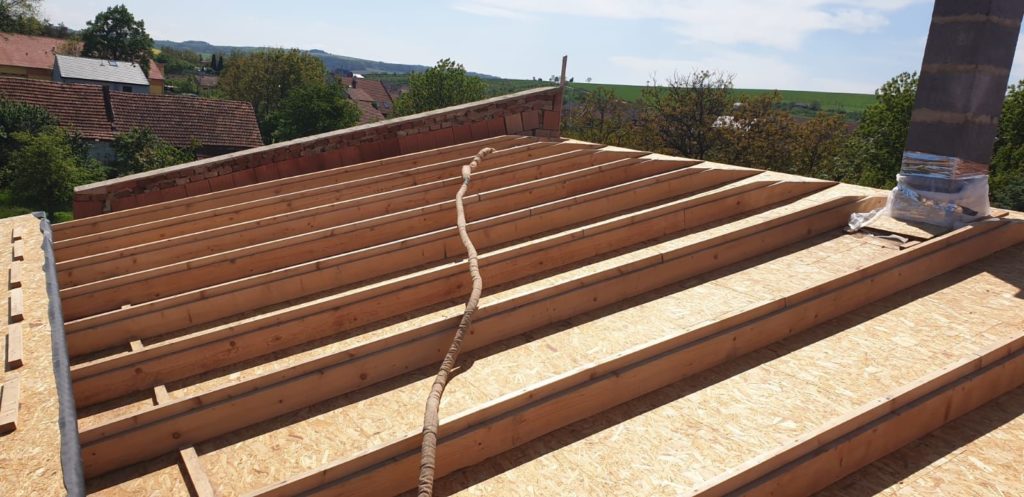In the realm of construction, the choice of materials plays a pivotal role in ensuring the durability and longevity of structures. Among the plethora of options available, one metal stands out for its exceptional strength and versatility - titanium. Renowned for its remarkable properties, titanium has become an indispensable component in modern construction projects. In this article, we delve into the world of titanium, exploring its unique characteristics, applications, and the reasons behind its prominence as a strong metal in construction.
- Unparalleled Strength:
Titanium boasts an extraordinary strength-to-weight ratio, surpassing that of traditional construction metals such as steel and aluminum. Its inherent strength allows for the creation of lightweight structures without compromising on durability. This advantage makes titanium an ideal choice for applications where weight reduction is crucial, such as aerospace engineering and high-rise construction. - Corrosion Resistance:
One of titanium's most remarkable attributes is its exceptional resistance to corrosion. Unlike many other metals, titanium forms a protective oxide layer when exposed to oxygen, effectively shielding it from environmental elements. This corrosion resistance makes titanium an excellent choice for structures in coastal areas, chemical plants, and other harsh environments where corrosion poses a significant threat. - Structural Integrity:
In addition to its strength and corrosion resistance, titanium exhibits excellent structural integrity. Its ability to withstand extreme temperatures, ranging from sub-zero conditions to high heat, makes it an invaluable material for construction projects in diverse climates. From bridges to stadiums, titanium ensures structural stability and longevity, even in the face of challenging environmental conditions. - Design Flexibility:
The versatility of titanium extends beyond its physical properties. Its malleability and ductility allow for intricate designs and complex architectural structures. Titanium's compatibility with various fabrication techniques, including welding and machining, enables architects and engineers to push the boundaries of creativity while maintaining structural integrity. This attribute makes titanium an attractive choice for iconic landmarks and avant-garde architectural marvels. - Sustainable Solution:
As sustainability becomes an increasingly critical aspect of construction, titanium emerges as a sustainable solution. Its long lifespan, coupled with its recyclability, reduces the environmental impact associated with construction projects. Furthermore, titanium's resistance to corrosion eliminates the need for frequent maintenance, reducing resource consumption and minimizing the carbon footprint of structures.
Conclusion:
In the realm of construction, titanium stands tall as a strong metal, offering unparalleled strength, corrosion resistance, structural integrity, design flexibility, and sustainability. Its unique properties make it an indispensable material for a wide range of applications, from aerospace engineering to architectural masterpieces. As the construction industry continues to evolve, titanium's prominence is set to grow, shaping the future of innovative and resilient structures.


